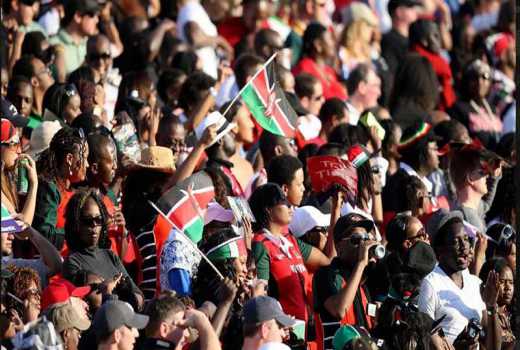×
The Standard e-Paper
Kenya’s Boldest Voice

Having had a tempestuous, turbulent and violent political period in Kenya for the last nine or so months, it is the ideal moment for Kenyans to create time for introspection.
We must reflect on the long political journey we have been on, so as to have a better outlook and prospect for the future.